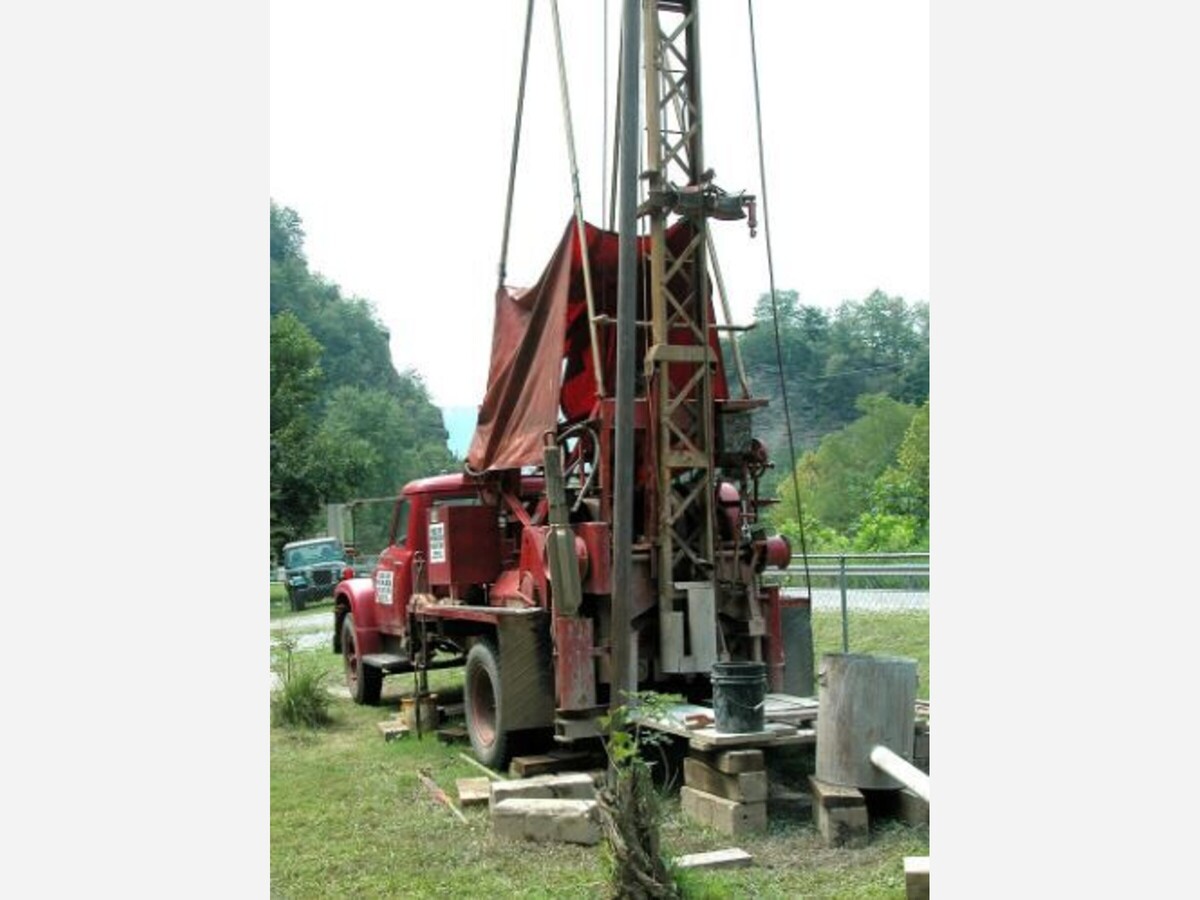Image

SHNS&Franklin Observer
Massachusetts residents support strengthening drinking water protections for the more than 500,000 residents of the state who use private wells, according to fresh poll results that will be used to drive a push for new state regulations and standards, potentially impacting hundreds of private wells in Franklin.
The poll findings, assembled through a MassINC Polling Group online survey taken in August, showed that 73 percent of Massachusetts residents think private well water should be protected in the same way as public sources of drinking water. Ninety-seven percent of the 1,013 respondents said they agreed that all Massachusetts residents should have access to safe drinking water and 92 percent said that state government should play a role in achieving that goal.
The survey was sponsored by The Health Foundation of Central Massachusetts and the results are scheduled for discussion Wednesday during a briefing organized by the health foundation, the Worcester-based RCAP Solutions, and a newly launched Coalition for Safe Drinking Water, which includes Quabbin Health District, UMass Memorial Health, and the boards of health in the towns of Belchertown, Harvard, Holbrook, Lakeville, Pelham, Templeton, Uxbridge and Ware.
The Quabbin Health District connection may illuminate the source of the current interest in well safety, namely a growing push by towns in the area of Quabbin Reservoir, which supplies most of the water for Greater Boston, to get more compensation for the impact the reservoir has had and continues to have on their area.
"The results of this poll demonstrate widespread support for improving access to safe drinking water and for developing greater protections and uniform testing standards for private well owners throughout the Commonwealth," foundation president and CEO Amie Shei said in a statement.
According to the health foundation, many homeowners in Massachusetts are facing costs stemming from contamination found in their private wells, including water sources exposed to PFAS, synthetic substances that are known as "forever chemicals" because of their persistence and prevalence in the environment.
In addition to man-made PFAS contaminants, the coalition is concerned about health impacts from naturally occurring contaminants in well water that can include substances such as arsenic, E. coli, radon and uranium. Private well owners concerned about contaminants sometimes turn to bottled water, but the coalition cites downsides such as costs and the potential for negative environmental impacts associated with plastic water bottles.
The coalition said RCAP Solutions from 2020 to 2022 conducted 502 water quality tests across several Massachusetts towns that had a high concentration of private wells and discovered that 32 percent of wells had levels of contaminants exceeding state health standards or suggesting potential health risks.
Among the 9 percent of survey respondents who said they get tap water from a private well, only 21 percent had tested their water in the past year and another 21 percent were not sure when their water was last tested. Thirty-seven percent said they had their wells tested one to five years ago.
Fifty-three percent of well users reported they had not paid anything for well testing or maintenance in the past year, while 28 percent said they paid between one dollar and $500. And 63 percent of private well users polled said they had heard nothing in the news over the past few months about drinking water quality or contaminated drinking water.
The foundation is using the poll results to round up support for bills (S 482 / H 902) sponsored by a familiar group of legislators, including Sen. Jamie Eldridge (D-Marlborough), Rep. Dan Sena (D-Acton) and Rep. Smitty Pignatelli (D-Lenox) that the Joint Committee on Environment and Natural Resources plans to hear on Sept. 27.
The bills would instruct the Massachusetts Department of Environmental Protection to develop health-based regulations which would provide statewide water quality standards for private drinking water wells. The bills do not specify details about contaminants or testing and reporting requirements, but backers compare the approach to the Title V regulations already in place for property owners that use septic systems.
The coalition points to Oregon, Rhode Island, and New Jersey as examples of states with "sensible, health-based regulations" for private wells.
MassDEP currently conducts PFAS testing for a limited number of private wells, which are regulated by local boards of health, focusing on 85 towns where 60 percent or more of residents are served by private wells.
According to the Franklin Health Department, well drillers must be approved by the town – some 17 were approved since 2021 – but the town keeps no cumulative record of the number of wells in use. Building Inspector, Lloyd “Gus” Brown noted that the only other oversight is the plumbing inspectors who must ensure any well used for irrigation has a backflow preventer to ensure irrigation water does not flow into a potable water system.
As to where the wells are located? All over, from tiny side roads to tony locations like September and October Drive.
IMAGE: Creative Commons, Creator "Pollinator"